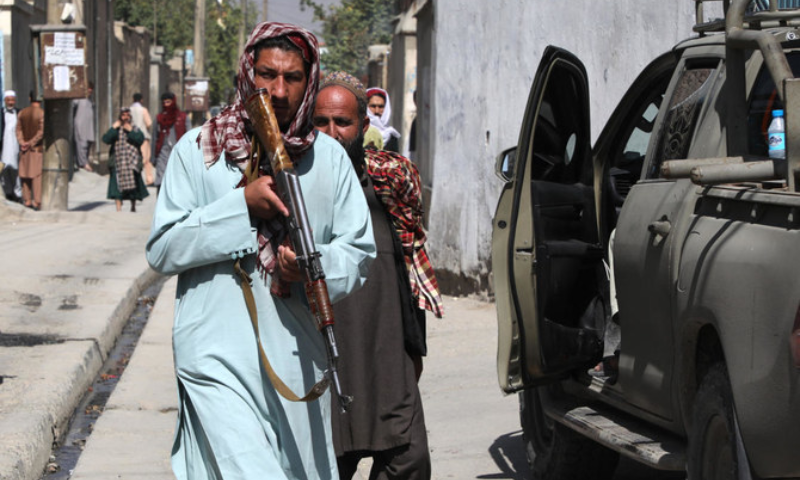KABUL: A United Nations report on Afghanistan documented a surge in attacks by anti-Taliban armed groups and ongoing internal tensions among Afghan leaders.
The UN Assistance Mission in Afghanistan (UNAMA) quarterly assessment, submitted by Secretary-General Antonio Guterres to the Security Council, documents a 55% increase in security incidents compared to the same period in 2023, totaling 2,505 incidents.
While the Taliban’s territorial control has not been significantly challenged since their return to power in August 2021, the report notes activity from groups like the Afghanistan Freedom Front (AFF) and the National Resistance Front (NRF). These groups primarily targeted Taliban security forces in Kabul. The NRF carried out 29 confirmed attacks, with 20 in Kabul and others in northern provinces. Meanwhile, the AFF conducted 14 attacks exclusively in the capital, employing hit-and-run tactics using grenades and improvised explosive devices.
Disputing the UN’s assessment, NRF spokesman Ali Maisam Nazary expressed disappointment, claiming over 160 successful operations this year, contrasting with the reported 29. Nazary criticized the UN for downplaying Afghanistan’s security crisis.
The report also highlights the Taliban’s media restrictions, hindering verification of insurgent claims. Taliban officials have not responded to the report. The NRF and AFF include former officials from the ousted Kabul government and have faced off against Taliban rule since their return to power.
In addition to attacks by anti-Taliban groups, the report details six incidents by the Islamic State-Khorasan (IS-K), targeting primarily the Taliban. This includes a deadly suicide bombing in Kandahar city that killed at least 25 Taliban security forces and wounded dozens.
The Taliban, despite asserting control and public unity, face internal challenges, as noted in the report. These include governance issues and divergent views within their ranks, though Taliban officials dismiss reports of division as Western propaganda.
The Taliban government, recognized by no foreign nations including the United States, continues to face international condemnation for severe restrictions on women’s rights, despite claiming peace across Afghanistan’s provinces.


